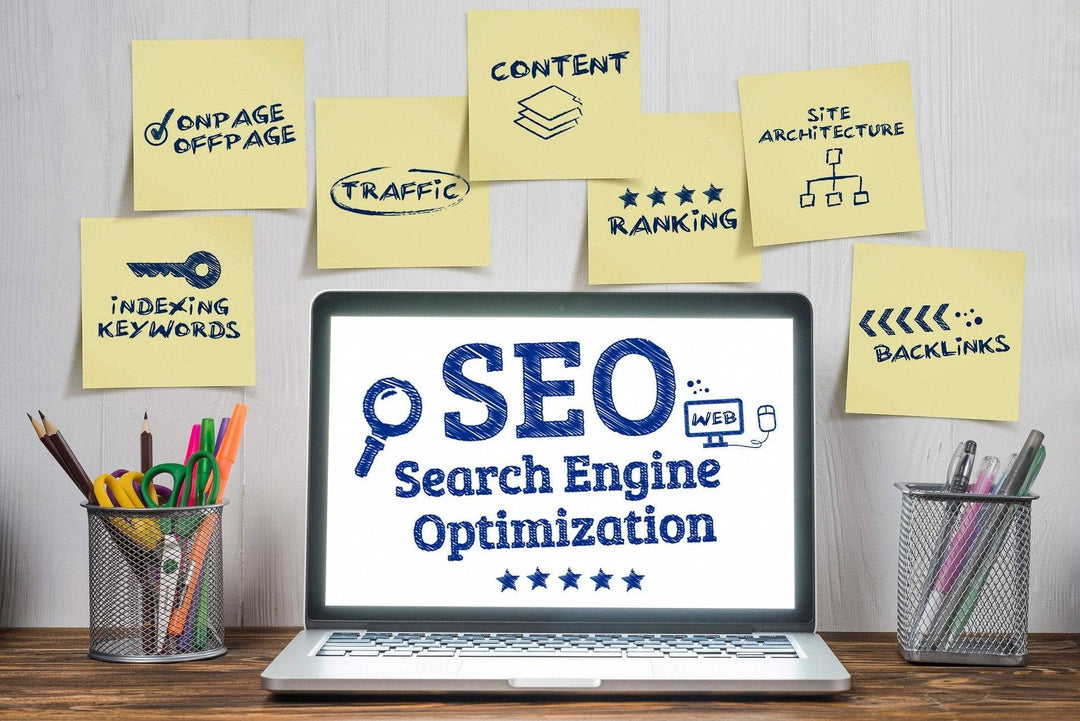Overview
This blog provides a comprehensive guide on leveraging Shopify for B2B e-commerce, outlining the benefits of using Shopify, essential steps for setting up a B2B store, effective marketing strategies, customer experience optimization, and data analytics for growth. Key steps include choosing the right Shopify plan, customizing the storefront, adding B2B features, and utilizing marketing tools. Emphasizing personalization and efficient customer support is crucial for success in the B2B landscape.
Frequently Asked Questions
1. What is B2B e-commerce?
2. How can Shopify benefit B2B businesses?
3. What are essential steps to set up a B2B store on Shopify?
4. What marketing strategies work well for B2B on Shopify?
5. How can data analytics be leveraged for B2B growth on Shopify?
In the rapidly evolving world of online commerce, businesses are increasingly turning to B2B (business-to-business) e-commerce solutions that leverage user-friendly platforms like Shopify. With its abundance of tools and customizable features, Shopify has become a game-changer for companies looking to enhance their B2B operations. In this guide, we will explore how to effectively utilize Shopify for establishing and growing your B2B e-commerce presence. Whether you’re a startup or an established player, these strategies will give you the edge you need.
Understanding B2B E-commerce on Shopify
B2B e-commerce refers to transactions that happen between businesses, rather than between a business and individual consumers. This model often involves larger order quantities, negotiated prices, and longer sales cycles. To succeed in this arena, it’s crucial to choose a platform that can cater to complex needs. Shopify is known for its ease of use, but how can businesses tailor it for B2B transactions?
Benefits of Using Shopify for B2B
Shopify isn’t just for B2C businesses; its suite of features can power B2B e-commerce operations effectively. Here are some benefits:
- User-Friendly Interface: Easy navigation makes it simple for businesses to create and manage their online storefronts without strenuous technical knowledge.
- Scalability: Shopify can grow with your business, accommodating both small startups and large enterprises.
- Customizable Features: The platform offers various apps and integrations, allowing businesses to tailor their storefront for specific needs.
- Secure Payment Processing: Shopify provides secure payment gateways that can handle B2B transactions seamlessly.
- Responsive Support: Customers can access 24/7 support to tackle any issues that arise during business operations.
Setting Up Your B2B E-commerce Store on Shopify
Let’s walk through the essential steps to set up your B2B e-commerce store on Shopify.
Step 1: Choose the Right Shopify Plan
Your choice of Shopify plan will significantly affect your capabilities. For B2B, the Shopify Plus plan is ideal due to its advanced features tailored for large operations, including custom pricing, automated workflows, and better integration options. If you are a startup looking to experiment, you might begin with the basic plan and upgrade as needed.
Step 2: Customize Your B2B Storefront
With Shopify’s easy drag-and-drop features, you can customize your website’s design to appeal to your B2B clientele. Consider the following:
- Professional Aesthetic: Use a clean, modern design that reflects your brand’s identity.
- Streamlined Navigation: Ensure that products and information are easily accessible.
- Mobile Responsiveness: Many business buyers use mobile devices, so make it mobile-friendly.
Step 3: Add Key B2B Features
To address the unique needs of B2B buyers, include features such as:
- Bulk Order Discounts: Offer pricing that incentivizes larger orders.
- Customer Segmentation: Tailor offerings and pricing based on customer profiles.
- Order Management: Streamline processing with robust order management tools.
Marketing Strategies for Your B2B Store
Once your Shopify store is set up, effective marketing strategies are critical for driving traffic and conversions. Here are some that work particularly well in the B2B space:
Utilizing Shopify Apps for Marketing
Shopify integrates with various marketing applications to optimize your reach. Consider:
- Email Marketing Automation: Use apps like Klaviyo for targeted email campaigns that nurture leads and communicate with clients.
- SEO Optimization: Incorporate SEO tools to improve search engine rankings—crucial for attracting B2B clients. Look into guides on using Shopify’s SEO capabilities, including meta tags, alt text, and URL structures.
- Social Media Integration: Promote products on professional platforms like LinkedIn where B2B engagement is high.
Networking and Outreach
Don’t underestimate the power of networking. Attend industry conferences, join B2B-focused online communities, and participate in trade shows to promote your Shopify store. Establishing relationships can lead to valuable partnerships and increase visibility.
Content Marketing for B2B Engagement
Leverage content marketing to engage and educate your B2B audience. Consider the following:

- Webinars and Live Demos: Invest in educational content that showcases your products’ benefits and solutions.
- Blogging: Create informative blog content that addresses pain points in your industry. By including keywords like "Shopify startup course" and "Shopify: AI Search Engines for eCommerce," you enhance your SEO strategy and attract relevant traffic.
- Case Studies and Testimonials: Provide potential clients with real-life examples of your success to build trust.
Optimizing Customer Experience on Shopify
As you develop your B2B Shopify store, focusing on customer experience is paramount.
Personalization Strategies
Every B2B buyer has unique needs. Leverage data analytics to personalize their shopping experience through:
- Custom Pricing: Adjust pricing based on the customer’s purchasing history and loyalty.
- Personalized Recommendations: Use AI-driven recommendations based on previous purchases to upsell and cross-sell products.
Streamlined Checkout Process
A complicated checkout process can deter B2B buyers. Simplify it by:
- Multiple Payment Options: Offer various payment methods, including credit cards and net payment terms.
- Quick Reordering: Provide a quick reorder option for frequently purchased items.
Customer Support
Efficient customer support can make a significant difference. Offer multiple channels such as live chat, phone support, and comprehensive FAQs. This availability can lead to increased customer satisfaction and repeated business.
Leveraging Data Analytics for Growth
One of the significant advantages of using Shopify for your B2B operations is the platform’s analytics capabilities. Here’s how to leverage this data:
Understanding Customer Behavior
Utilize Shopify analytics to track customer behavior and preferences. This data can help you identify:
- Popular Products: Analyze which products are most frequently viewed or purchased.
- Time of Purchase: Understand when your clients are most likely to shop, enabling you to tailor your marketing efforts accordingly.
Optimization Opportunities
By keeping tabs on sales trends, you can spot opportunities to optimize inventory and supply chain management. Additionally, adjusting prices based on demand may enhance your bottom line.
Feedback Mechanisms
Incorporating mechanisms for client feedback can provide valuable insights into service enhancement and product quality improvements. Use surveys or direct outreach to gather insights from your user base.
Taking It to the Next Level
As B2B e-commerce continues to evolve, staying ahead requires continual learning and adaptation. Consider enrolling in a Shopify startup course to deepen your knowledge of best practices, tools, and marketing techniques that can expedite your growth. This investment will equip you with the skills needed to navigate the complexities of the B2B landscape.
Moreover, keeping abreast of innovative solutions like Shopify: AI Search Engines for eCommerce can offer efficiencies that revolutionize how your clients interact with your store.
In summary, leveraging Shopify for B2B e-commerce is a pathway to not only meeting but exceeding your business goals. Emphasizing targeted marketing, optimized customer experience, and data-driven decision-making will distinguish your business from the competition. Equip yourself with the right tools and strategies, and watch your B2B e-commerce enterprise soar!
Linked Product

Shopify Startup - Build, Optimize, and Market Your Store - 3 day intensive workshop
The Shopify Startup Intensive workshop provides participants with the essential skills to effectively build, optimize, and market their online stores. Over three days, attendees will engage in practical sessions that cover key B2B e-commerce strategies tailored for the Shopify platform. This workshop is ideal for individuals looking to enhance their understanding of e-commerce and take actionable steps toward growing their business.
View Product





Leave a comment